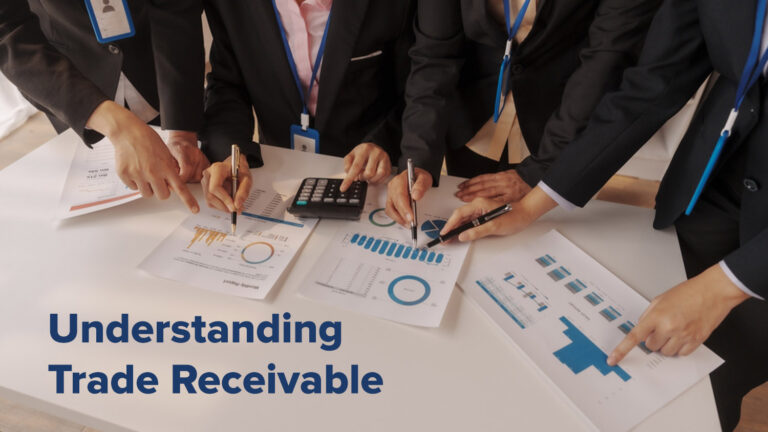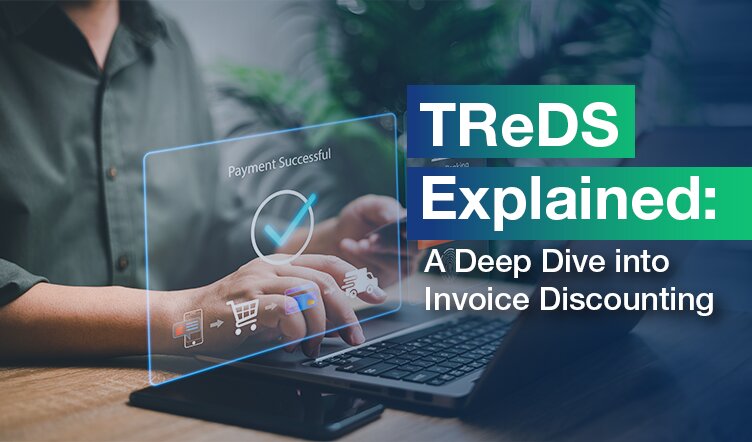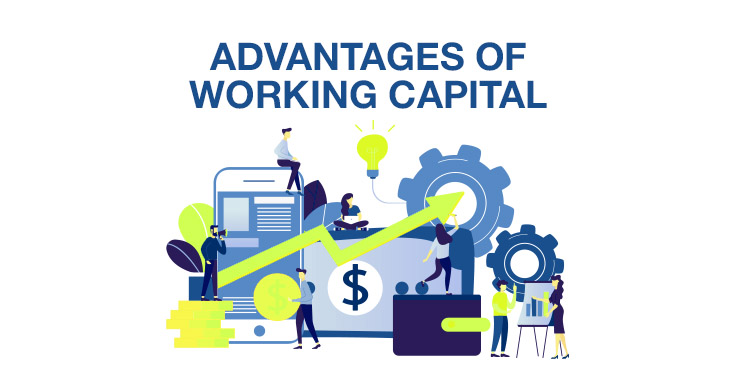The financial stability report released by the Reserve Bank of India has cautioned banks of the possibility of increasing default by the MSME sectors as these units are badly affected due to market disruptions caused by Covid pandemic. It has been seen that to avoid such risks banks have been resorting increasingly to the digital TReDS platforms to fund the MSME units and meet their priority sector lending obligations. The largest among the three platforms M1Xchange has seen throughputs worth Rs 7805 crore since July 2020-July2021 when markets opened after the Covid lockdowns were eased. The TReDS platforms have transacted an estimated Rs 17200 crore during the last Financial Year 20-21 – a sharp rise compared to Rs 40,000 crore total throughput by them since inception in 2017. M1xchange has emerged as a leader among the TReDS platforms due to its use of technology.
Since 2019, RBI’s regulatory attention was drawn to the weakness in the MSME portfolio of banks. Even the Reserve Bank permitted restructuring of temporarily impaired MSME loans (of size up to Rs 25 crore). Despite the restructuring, however, stress in the MSME portfolio of PSBs remained high. This got boosted by the Emergency Credit Line Guarantee Scheme (ECLGS). RBI observed that net credit flow to stressed MSMEs during March 2020-February 2021 rose to Rs 50,535 crore. RBI is concerned at the elevated level of debt of the stressed cohort. More so since business disruptions following the resurgence of the pandemic in March 2021 onwards are worrisome. While RBI recommended close monitoring on asset quality of MSME and retail portfolios of banks, on their part banks opted for resorting to TReDS platforms for funding MSMEs.
The Popularity of TReDs
There are several reasons why TReDS found favour with banks. TReDS is a digital repository for all KYC documents of the vendors and corporate buyers. The platform digitally establishes the authenticity of invoices through logical and OCR technology-based checks. M1Xchange and other two platforms use de-dup programme on a block chain technology by an arrangement among all three Exchanges. Use of digital signatures for creating Assignment Deeds by vendors; acceptances by corporates acts as an estoppel for going back from obligations to repay financiers and creation of a legal right in favour of financier in terms of Factoring Regulation Act,2011 are what made banks readily accept TReDS as a safe mode of MSME finances. In addition technology upgradation by M1xchange in particular had turned TReDS as an attractive proposition for banks.
M1 in sync with Banking Requirements
M1xchange worked with RBI, Banks, NPCI and Legal teams to create a framework suitable for launching ‘Factoring in Digital format’. In retrospect, M1 has brought about a paradigm change and helped establish domestic factoring as a mainstream financial product to effectively resolve trade liquidity issues faced by MSMEs. There were many challenges which had to be addressed.
An important one had been to replicate the legal framework for ‘Factoring in manual mode’ to suit to Financiers’ legal compliances digitally. For this intelligent use of various functionalities – digital signatures, e-stamping of agreements – had to be activated digitally with speed and convenience for diverse users across multiple cities. This was managed successfully by M1xchange.
Next was the need to create one agreement to suit all banks. To reach that M1xchange adopted a partnership approach with all banks to standardise the agreement formats, Deed of Assignment of receivables and their registration. The framework was created in manner that all Client agreements (Buyer and Seller of Receivables) are made up with M1xchange and stored in e-library accessible to all banks. This enabled MANY to MANY relationship format and saved time and resources for Industry.
Increasing Banking Efficiencies
It was necessary to assess Credit risk based on Large corporate so that with one appraisal thousands of Sellers could get their receivables discounted. This did away with the need for credit evaluation of large no of MSME enterprises. As also branch banking and Relationship management with customers were dispensed with. This has taken shape of Market place.
Confidence of banks got boosted with underlying transaction flow of approval of invoice digitally/by ERP integration and with acceptance of Deed of Assignment and Notice of assignment by Users duly approved by Board of Directors of Large companies.
M1xchange system is made in a manner that dependence on core banking system of banks is very limited for transaction on its TReDS platform. The complete process of limit set up to Bidding and recording of Invoice Throughput and realisation of dues is enabled on M1 online. The core banking system is used only for book keeping of such transactions. As a result the technology implementation requirement for each bank is negligible turning TReDS as a cost effective option for banks..
The Settlement process, for instance the process from Disbursement to Collection of proceeds is digital and managed by M1xchange and banks do not have to involve their teams for any of this process. This eased pressure on banks, saved its cost of transaction while meeting their priority sector goal. In addition, KYC and on boarding of large corporates and MSME is managed by M1xchange and is fully useable by all banks. This too saved repetition cost for the banking industry with one access to all. The technological innovations and standardisation made M1xchange in particular and TReDS in general the most acceptable mode for MSME finance for banks.
Inbuilt Security Measures
M1xchange made the digital market place not only hassle free but also ensured smooth transaction both while financing and collecting payment since it is licensed under a Payment and settlement (P&S) Act by RBI. What is more M1xchange have deployed Block chain technology for check on duplicity of invoices discounted amongst three TReDS exchanges. All exchanges came together and have set up a permission ledger, using Monetago’s block chain solution. Every exchange has its own node on the block chain network. Any invoice that is being uploaded on the platform gets registered on the respective node. If an exchange tries to register an invoice, which is already registered on any of the other nodes, the platform through the agreed protocol informs about the duplicity and the status of financing on the platform. If the invoice is financed on another platform, the registration of the invoice by the next exchange is stopped right there. This has resulted in zero error in duplicity invoice financing amongst exchanges.
Going forward TReDS will emerge as the link between large number of MSMEs, large Corporations and banks and some estimates suggest that by 2030 volume through TReDS will touch Rs 1,50,000 crore per annum.
Last modified: November 27, 2024















